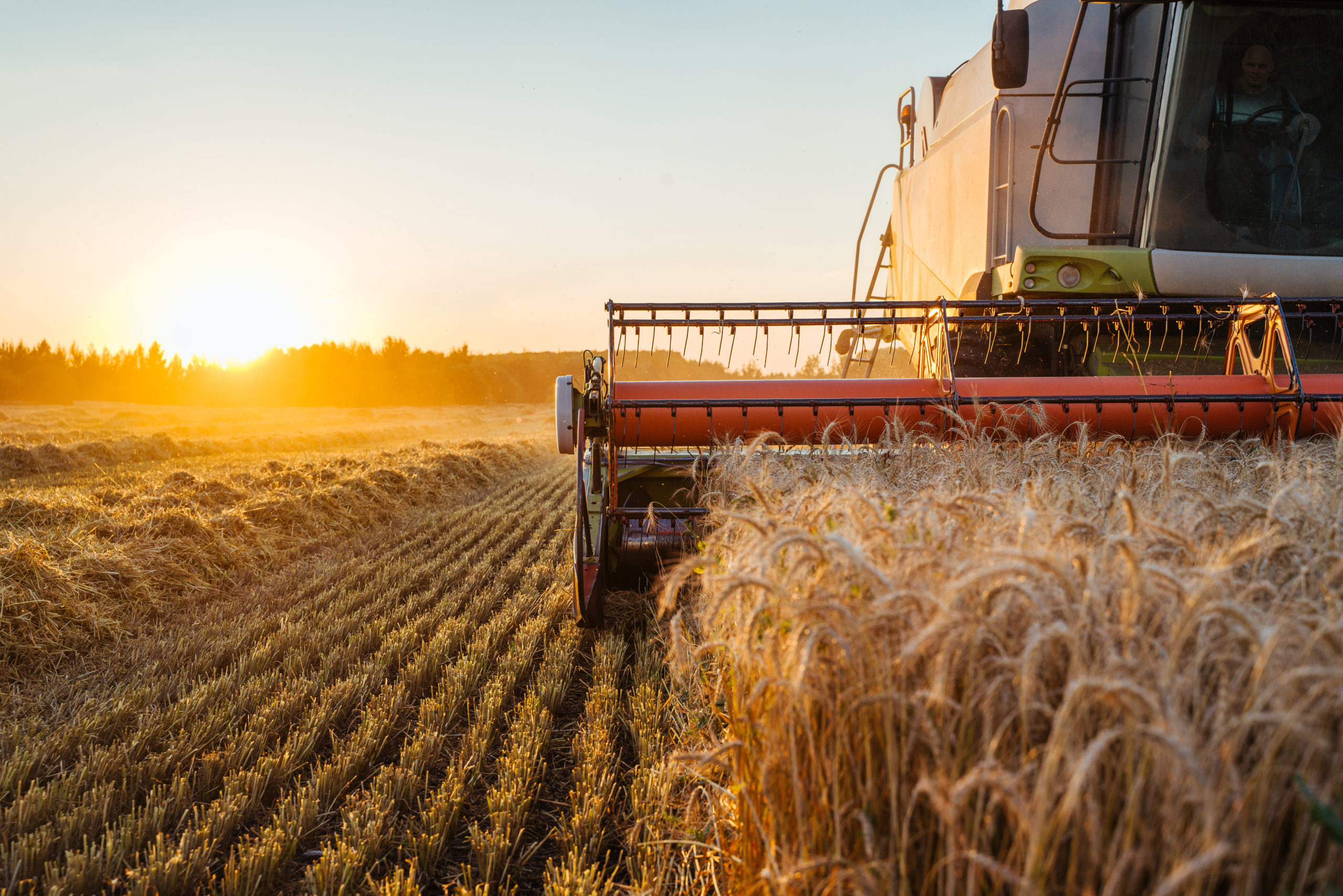New Zealand

Live animal exports to continue at Port Taranaki until 2023
Port Taranaki says it will continue to provide facilities and services for live cattle exports until the Government’s two-year phase out period ends.
The Government announced on Wednesday that the $250 million live animal export trade will be banned from 2023.
Although the live export trade began in 2015, livestock carriers only started using the Taranaki Regional Council-owned port company’s facilities in early 2020.
About 113,000 Friesian breeding cows were exported to China from New Zealand ports last year.
Read More here…
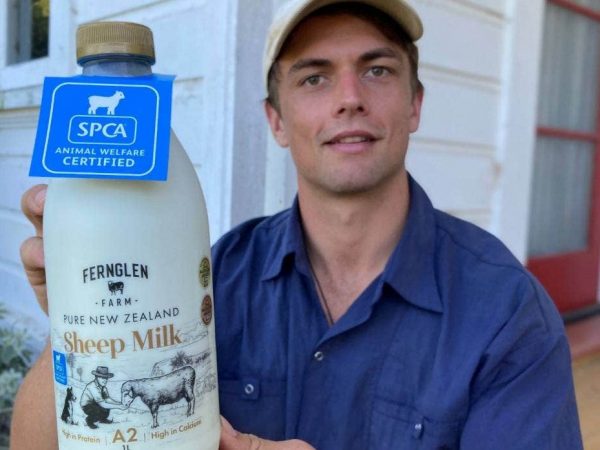
Sheep’s milk blazing new trails in export and animal welfare
Export demand for New Zealand commodities has never been higher and a family of Wairarapa farmers are forging new markets with a tasty alternative to good old cows’ milk. Piers Fuller reports.
High-protein, flavoured sheep’s milk created by Fernglen Farms on Masterton’s east coast will soon be available on the shelves of Asian supermarkets.
The small dairy producer is set to become the first fresh sheep milk exporter of retail-ready products in the country, and it was also leading the dairy industry in animal welfare.
Originally a traditional sheep and beef operation run by Jeff and Shirley Ravenwood, more recently the 1100-hectare East Coast farm has branched out into sheep dairy production spearheaded by youngest son Cameron.
Read More here…
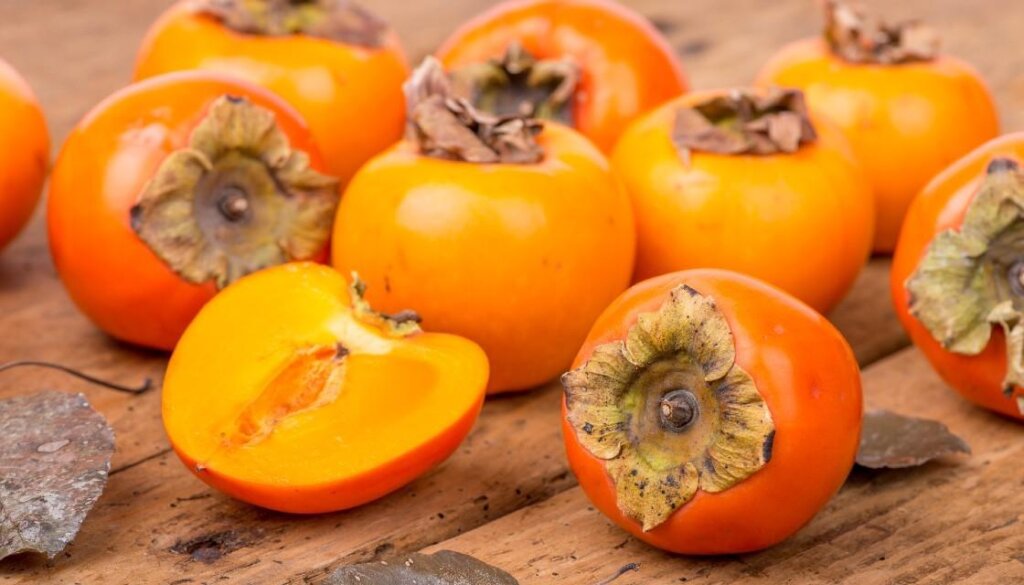
Kiwis’ growing appetite for persimmon sees jump in local market
With persimmons about to hit shelves around the country, the industry is hoping this year will be less challenging than 2020.
Like many other sectors, the COVID-19 pandemic brought a number of difficulties for persimmon growers. But now, after an “excellent” harvest season, Ian Turk, manager of the New Zealand Persimmon Industry Council, says there is optimism about the coming year.
“We’ve had an excellent season this year and are recovering well from the impact of a tough 2020 season,” Turk said on Monday.
Read more here…

Govt’s ongoing silence around horticulture labour shortage ‘disappointing’ – Central Otago Mayor
Central Otago’s horticulture sector fears fruit may be left to rot if a labour shortage isn’t filled soon.
The region is suffering from a lack of the usual seasonal workers from the Pacific because of COVID-19 border restrictions.
Many locals who filled in for the summer fruit harvest have left for university or jobs elsewhere.
With the borders creaking open with the announcement of the trans-Tasman bubble last week, horticulturists are calling for a Pacific bubble to follow.
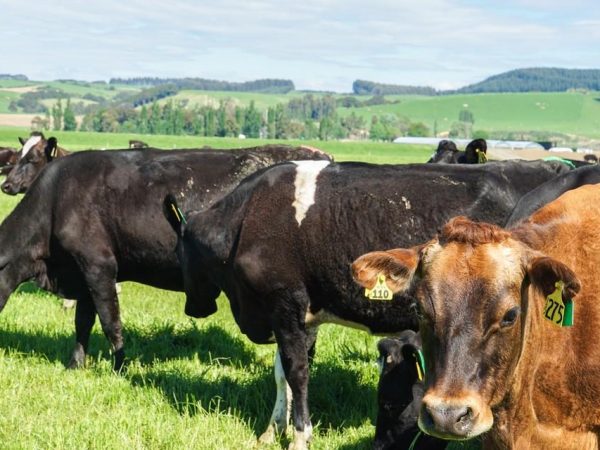
Farmers struggling to access water for stock
Dry conditions around the country are causing issues with stock drinking water supplies and crop production a new survey has found.
Nearly 550 farmers responded to Federated Farmers 2021 Drought Survey over the last couple of weeks, painting a picture of conditions.
The survey found with little to no rain farmers are struggling to access water for their stock as dams waterways and aquifers are either substantially lower than normal or completely dry.
Respondents also highlighted issues with authority operated schemes not able to monitor those who are taking too much water from urban development, causing those down the scheme to have too little.
Read More here…
Australia
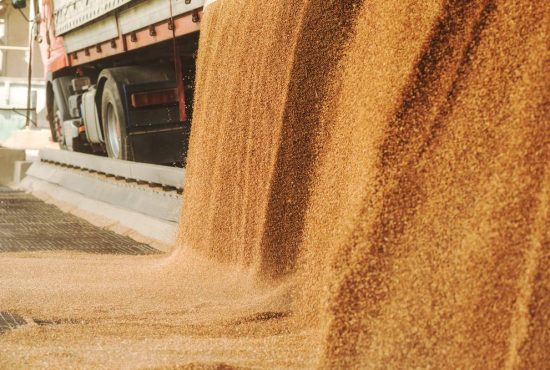
Lower new crop wheat price regime confirmed
Global wheat offers have been on a slippery slide during the past month as confidence grows about new crop Northern Hemisphere production.
This is especially the case in the Black Sea region, where early season concerns about dryness and late planting have been placated by favourable winter and early spring conditions.
The results of last week’s tender by Egypt’s General Authority for Supply Commodities (GASC) confirmed the much lower new crop price regime.
It also asserted the Black Sea region’s eagerness to get back in the game following the export tax confusion that has dominated market talk – and action – in recent months.
Read more here…
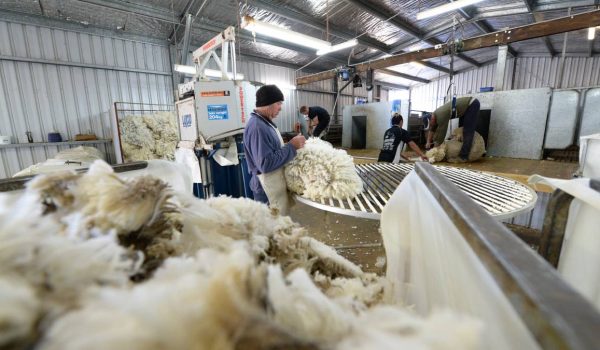
Comparative wool test figures up in WA
WITH autumn shearing – WA’s main wool harvesting season – progressing well, bale test numbers for last month bettered test numbers for March last season.
It was the first time since October that in a monthly comparison of WA wool test numbers with corresponding months last season, the current season has come out in front.
But while Australian Wool Testing Authority (AWTA) tested more WA wool last month than in the previous March – 44,109 bales tested compared to 43,027 – the 2.5 per cent local increase paled into insignificance against corresponding bale test number increases in the Eastern States.
Read more here…
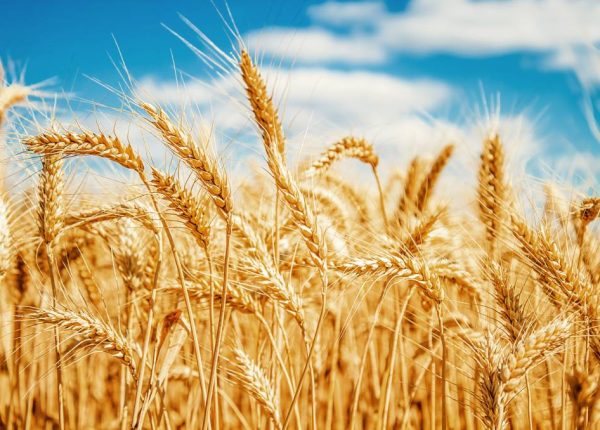
Dry weather concerns push markets higher
Northern grain markets continue to edge higher as dry weather concerns limit farmer selling in the south, as the focus turns to planting winter crops.
Nearby feed barley prices into the Darling Downs were $5 higher for the week to $268 delivered with barley up $4 to $295.
It is difficult to fathom that dry weather would be supporting northern grain markets less than a month out from the floods across areas of southern Queensland and northern NSW.
While southern Queensland and northern NSW received another round of beneficial rain over the weekend, conditions have turned dry further south. Most of the Darling Downs received 5-10mm over the weekend with 15-20mm across northern NSW strengthening from Walgett in the west to Tamworth to the east.
Read more here…
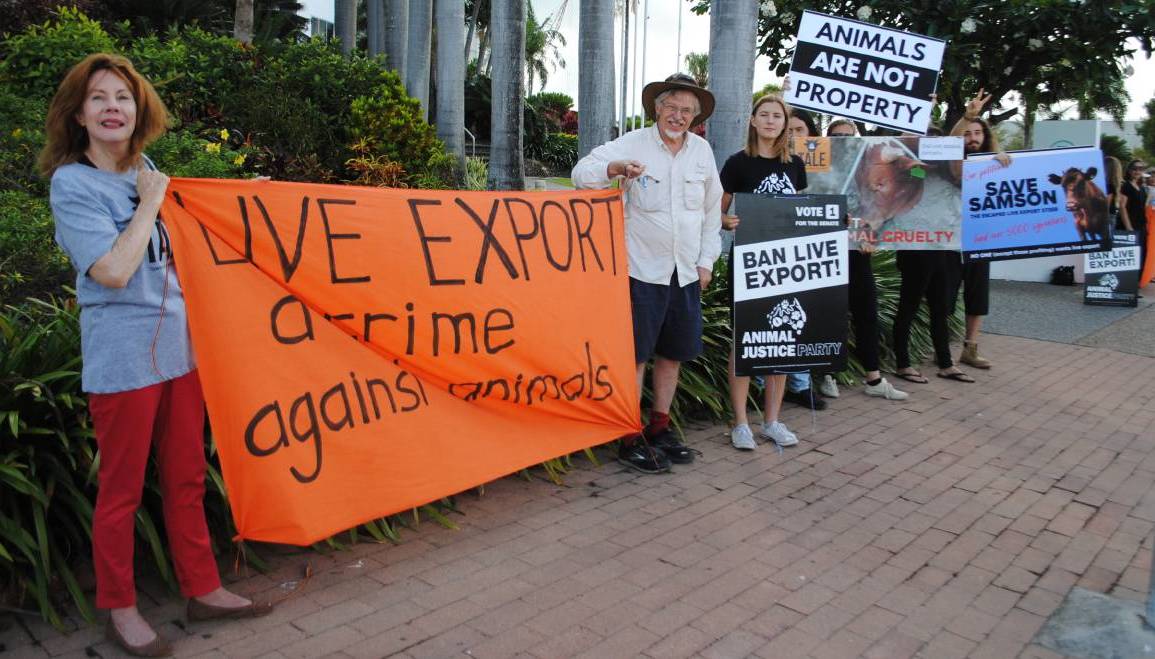
Are Australia’s animal welfare standards enough to save live-ex?
AUSTRALIA’S live cattle trade may be logistically vastly different to that of New Zealand’s but the lobbying to have the trade banned that fed into the Kiwi decision to phase it out is not.
The same rhetoric that led NZ’s agriculture minister to cite public pressure in making the announcement last week that his country would end live exports by sea also exists in Australia – and every other country that supplies live animals.
The RSPCA says there are 176 countries where ‘people are fighting to ban live exports.’
Read more here…

Southern farmers hit rainfall jackpot
GROWERS in and around the South Coastal and Great Southern regions hit the jackpot after the weekend’s weather systems (not necessarily TC Seroja) produced excellent rain, but with little to no wind.
Frankland River farmer Darcy Clode copped 74 millimetres of rain over Sunday and Monday, with the winds only reaching up to 30 kilometres per hour for a few hours on Sunday morning, before dropping away and a dead calm setting in.
“We had thought about starting seeding last week, but then we saw the forecast and thought we’d pull up and see what happens,” Mr Clode said.
Read more here…
South America

Coming dry spell in Argentina, after March rains, seen helping harvest
Reuters – Rains that have pelted Argentina’s Farm Belt since mid-March halted the deterioration of corn and soy yields, and a coming dry spell will help kick off harvesting of the country’s two main cash crops, climatologists said March 31.
The South American grains powerhouse is the world’s No. 3 corn exporter and top supplier of soymeal livestock feed, used to fatten hogs and poultry from Europe to Southeast Asia.
“Most of Argentina’s agricultural area will see little to no rainfall,” the Buenos Aires Grains Exchange said in a report about the first half of April.
Read More here
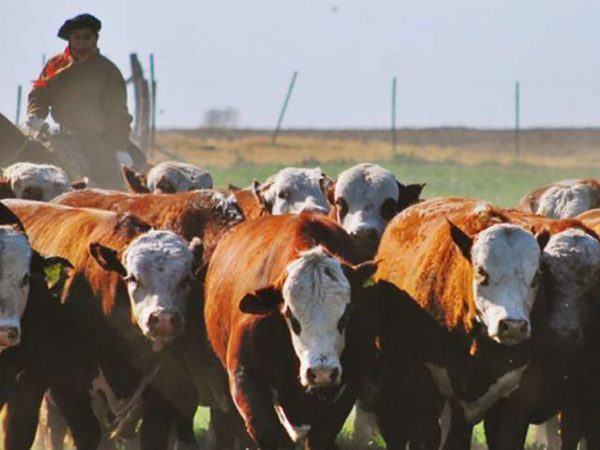
Argentina reinstates beef exports registry
Argentina’s government Thursday created a registry of beef exporters among other measures to curb under-invoicing, which authorities fear has been going on for a while now.
The announcement was made by the Office of the Cabinet Chief (Santiago Cafiero) and the new system is to function within the Ministry of Productive Development’s Domestic Trade Secretariat.
The goal of the measure is to “improve the monitoring of beef exports and the supply to the domestic market,” the government said in a statement.
“The Ministry of Agriculture, Livestock and Fisheries establishes further requirements for the export of beef to generate more transparency and traceability and avoid illegal and speculative practices,” the statement goes on.
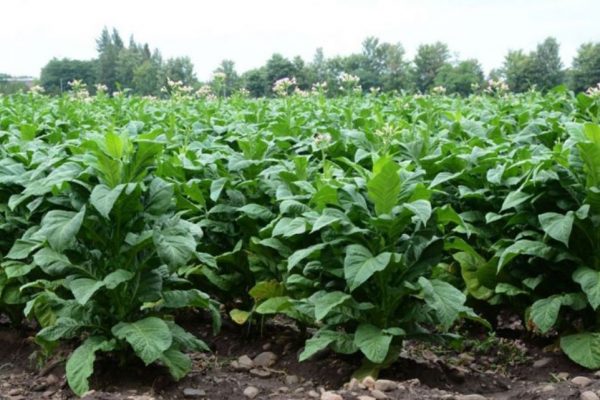
Jujuy Governor Morales encourages tobacco producers to switch to cannabis
Jujuy Province Governor Gerardo Morales says he is trying to persuade tobacco growers in the northern region to start harvesting cannabis plants instead.
“Cannabis is one of the most important projects that we have and it’s going to generate more profits than lithium and solar energy,” said the Radical Civic Union leader, whose provincial government has worked to foster marijuana production in the region’s dry, sunny terrain for export.
“I hope that with this [growing cannabis market] we will begin a change in diversification and that ten years from now we will stop planting tobacco and plan cannabis [instead],” added the opposition leader.
Read More here…
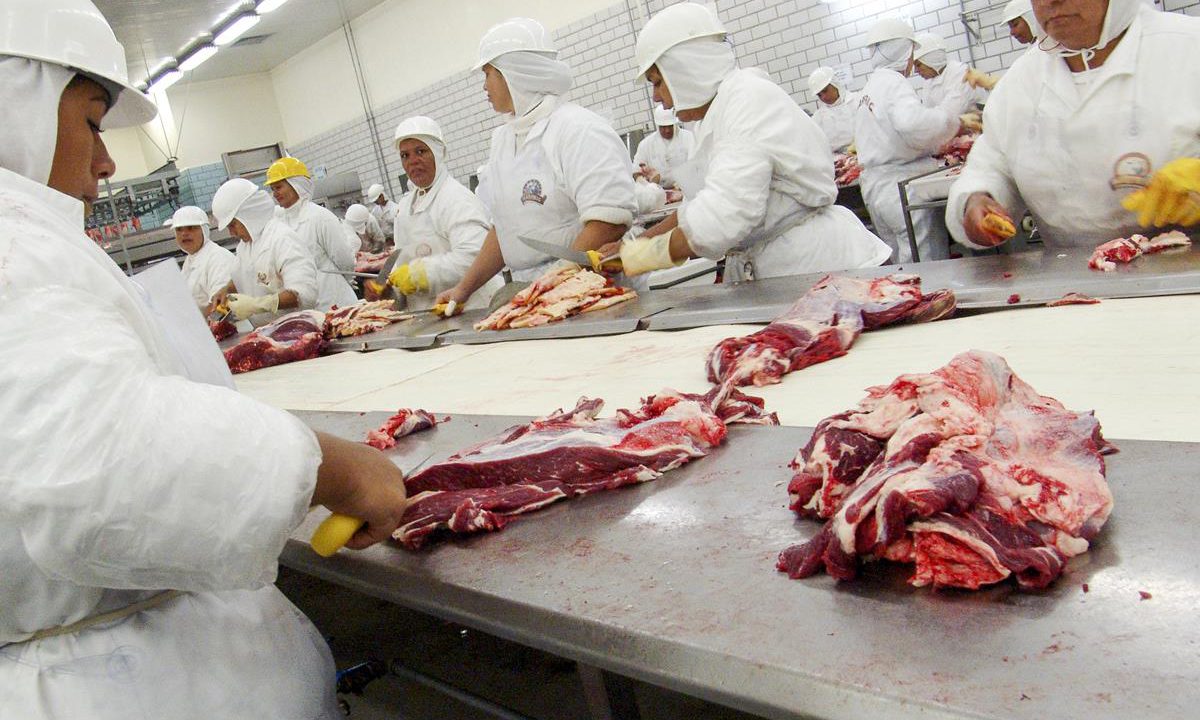
Brazilian Meat Processors Importing Corn
Sao Paulo, BR — Meat lobbying group ABPA projects that Brazil’s chicken and pork processors will need to import corn starting in May as domestic prices of the cereal are historically high, according a report by Reuters.
Corn prices in the physical market surpassed 60 reais ($11.49) per 60-kg bag last week, the highest nominal value in history, reflecting low stockpiles after record exports in 2019.
Corn imports may come from Argentina and Paraguay, which are traditional providers during times of short supply in Brazil.
Food Updates
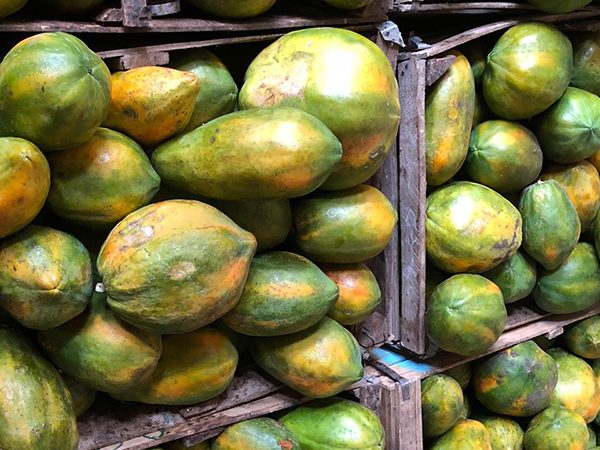
Could solar-dried papaya relieve malnutrition in Ethiopia?
A new project is hoping to make better use of the papaya harvest to relieve malnutrition in Ethiopia by creating more low-cost food options.
Arla Foods Ingredients is partnering with other bodies in a new four-year project to turn papaya fruit into a nutritious and affordable snack for low-income consumers in Ethiopia.
Led by the Global Alliance for Improved Nutrition (GAIN), the project brings together multiple public-private partners. Their ultimate objective is to build a fruit processing value chain that will help reduce malnutrition, create jobs and cut post-harvest papaya loss.
The application team at Arla Foods Ingredients has already developed the first prototype recipes for a dried fruit protein bar based on papaya pulp and containing milk and whey-based ingredients.
Read more here…
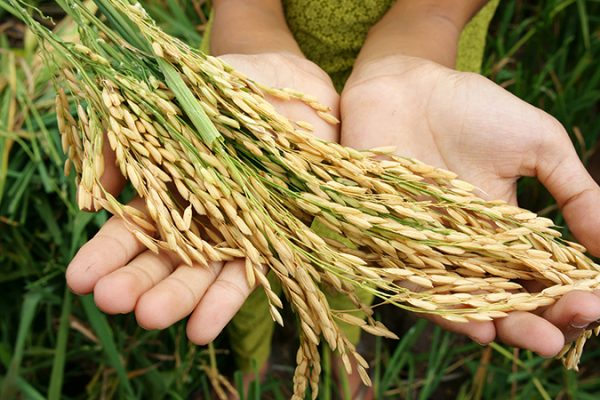
Income more important than good land when it comes to food security
Researchers from Dartmouth College found that the quality of agricultural land was not as important as household income when it comes to predicting food insecurity.
A comprehensive statistical analysis of drivers of food insecurity across 65 countries has concluded that household income consistently explains more discrepancy in food security than any other factor, including agricultural land resources and production.
The Thayer School of Engineering at Dartmouth study, “Cross-national analysis of food security drivers: comparing results based on the Food Insecurity Experience Scale and Global Food Security Index,” was recently published by the peer-reviewed journal Food Security.
Read more here…

Plant-based seafood on the menu at fast food chain
Germany-based fast food retailer Nordsee has begun the sale of plant-based versions of some of its most popular dishes.
Plant-based seafood has taken quite a large step forward this month, as the product began to be sold in an international food retailer in what manufacturer NOVISH says is a first for the sector.
NOVISH says it uses plant based proteins and “marine inspired natural aromas” in the manufacturing of its plant based seafood products, in an effort to mimic the texture of flaky white fish. NOVISH says the products “contain all the healthy ingredients that you find in fish, are 100 percent vegan, soy-free and contain no artificial additives like flavour enhancers, colourings and preservatives.”
Read more here…

Growerstock rolls out cloud-based solution for produce suppliers and buyers
LOS ANGELES – Growerstock’s new cloud-based service helps produce buyers compare prices and product availability, negotiate offers, issue a purchase order, track changes, send instant messages, manage and share images and documents, and find new suppliers.
Growerstock Cloud is now available to all professional produce organizations and brings together Growerstock’s eProcurement, ePrice sheet, marketplace, daily deals, and USDA insights and analytics features into a single online suite – accessible anytime, anywhere. “Collaboration is critical to business growth, both within a buyer’s organization and with its supply chain partners,” said Tony Nuovo, chief executive officer, Growerstock. “Growerstock Cloud provides fresh produce businesses with a powerful and comprehensive collaboration tool, similar to what buyers in other industries have been using successfully for years.”
Read more here…
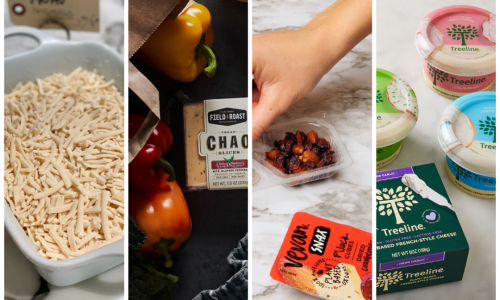
Plant-based cheese: category catches up
Read more here…
